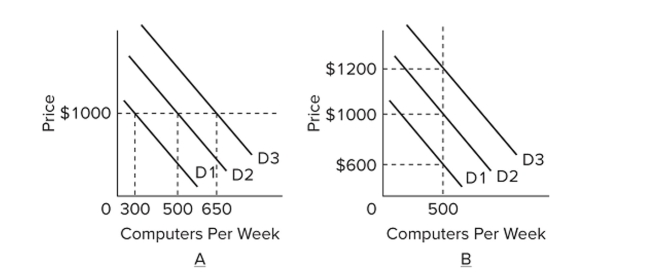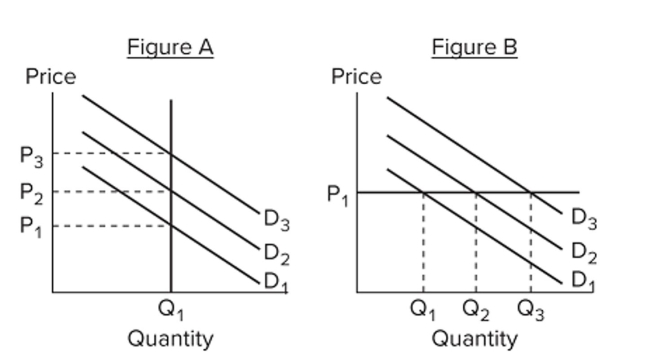Exam 6: An Introduction to Macroeconomics
Exam 2: The Market System and the Circular Flow274 Questions
Exam 3: Demand, Supply, and Market Equilibrium357 Questions
Exam 4: Market Failures Caused by Externalities Asymmetric Information222 Questions
Exam 5: Public Goods, Public Choice, and Government Failure242 Questions
Exam 6: An Introduction to Macroeconomics243 Questions
Exam 7: Measuring Domestic Output and National Income238 Questions
Exam 8: Economic Growth274 Questions
Exam 9: Business Cycles, Unemployment, and Inflation298 Questions
Exam 10: Basic Macroeconomic Relationships233 Questions
Exam 11: The Aggregate Expenditures Model126 Questions
Exam 12: Aggregate Demand and Aggregate Supply320 Questions
Exam 13: Fiscal Policy, Deficits, and Debt401 Questions
Exam 14: Money, Banking, and Financial Institutions265 Questions
Exam 15: Money Creation285 Questions
Exam 16: Interest Rates and Monetary Policy405 Questions
Exam 17: Financial Economics356 Questions
Exam 18: Extending the Analysis of Aggregate Supply268 Questions
Exam 19: Current Issues in Macro Theory and Policy279 Questions
Exam 20: International Trade339 Questions
Exam 21: The Balance of Payments, Exchange Rates, and Trade Deficits315 Questions
Exam 22: The Economics of Developing Countries269 Questions
Select questions type
(Consider This) If a farmer purchases 10 acres of farmland from a neighboring farmer, this would be
considered an economic investment.
(True/False)
4.8/5  (33)
(33)
In the very short run, demand shocks will tend to change the level of output but have little effect on
prices.
(True/False)
4.8/5  (30)
(30)
 Refer to the graphs. Suppose a firm is currently producing 500 computers per week and charging a price of $1,000. What happens to the firm's inventory of computers if there is a negative demand
Shock and prices are inflexible?
Refer to the graphs. Suppose a firm is currently producing 500 computers per week and charging a price of $1,000. What happens to the firm's inventory of computers if there is a negative demand
Shock and prices are inflexible?
(Multiple Choice)
4.7/5  (33)
(33)
A nation that wants to invest in more newly created capital in the present must be willing to forgo
present consumption.
(True/False)
4.9/5  (32)
(32)
How does an economy adjust to demand shocks when prices are inflexible?
(Essay)
5.0/5  (36)
(36)
Demand shocks cause problems in the macroeconomy primarily because prices are sticky.
(True/False)
5.0/5  (41)
(41)
Economists refer to purchases of stocks and bonds as "investment."
(True/False)
4.9/5  (27)
(27)
The amount of investment is ultimately limited by the amount of
(Multiple Choice)
4.8/5  (29)
(29)
Under modern economic growth, the annual average increase in output per person is
(Multiple Choice)
4.8/5  (39)
(39)
 Refer to the figures. Which figure(s) represent(s) a situation where negative demand shocks can result in a recession?
Refer to the figures. Which figure(s) represent(s) a situation where negative demand shocks can result in a recession?
(Multiple Choice)
4.8/5  (43)
(43)
Suppose that inventories are rising. We can expect that, in the future,
(Multiple Choice)
4.7/5  (42)
(42)
(Consider This) What is the difference between economic investment and financial investment? Give
an example for each type of investment.
(Essay)
4.8/5  (40)
(40)
Showing 81 - 100 of 243
Filters
- Essay(0)
- Multiple Choice(0)
- Short Answer(0)
- True False(0)
- Matching(0)